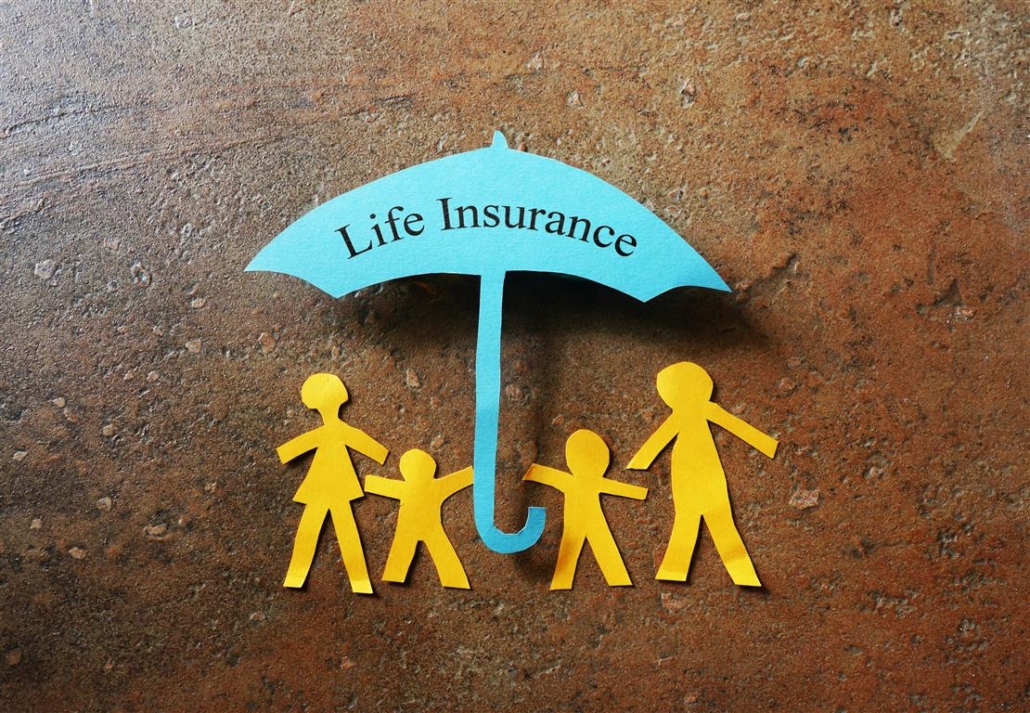When it comes to life insurance, many people assume that it’s only necessary if you have outstanding debts, like a mortgage. However, this viewpoint oversimplifies the role that life insurance can play in your overall financial plan. While it’s true that having a mortgage is a compelling reason to carry life insurance, there are several other scenarios where coverage can be beneficial, even if you don’t have a mortgage.
The Importance of Income Replacement
One of the primary reasons to consider life insurance, regardless of your mortgage status, is to protect your family’s financial well-being in the event of your untimely death. If you are the primary breadwinner or contribute significantly to your household income, your family could face financial hardship without your earning power.
Life insurance can provide a much-needed income replacement, ensuring that your loved ones can maintain their standard of living and cover essential expenses, such as:
- Daily living costs (food, utilities, transportation, etc.)
- Child care and education expenses
- Outstanding debts (credit cards, personal loans, etc.)
- Future goals (college tuition for children, retirement savings, etc.)
Even if you don’t have a mortgage, these expenses can quickly add up and strain your family’s finances if you’re no longer around to contribute.
Protecting Your Children’s Future
If you have children, life insurance becomes even more crucial, regardless of your mortgage status. Beyond income replacement, life insurance can safeguard your children’s future by providing funds for their education, daily care, and other essential needs.
Without life insurance, your children may face financial struggles or have to rely heavily on other family members or government assistance. A life insurance policy can ensure that your children’s well-being is protected and that they have the resources they need to thrive, even in your absence.
Final Expenses and Inheritance
Life insurance can also help cover final expenses, such as funeral costs and outstanding medical bills, which can be a significant financial burden for your loved ones. Additionally, if you wish to leave an inheritance for your beneficiaries, life insurance can provide a tax-free lump sum to help fulfill that goal.
Types of Life Insurance to Consider
If you don’t have a mortgage but still want to protect your family’s financial future, there are several types of life insurance to consider:
-
Term Life Insurance: This type of insurance provides coverage for a specific period, typically 10, 20, or 30 years. Term life insurance is generally more affordable than permanent life insurance, making it a cost-effective option for income replacement and protection during your working years.
-
Whole Life Insurance: As a form of permanent life insurance, whole life insurance provides coverage for your entire life as long as you continue paying the premiums. It also builds cash value over time, which you can borrow against or withdraw if needed.
-
Universal Life Insurance: Another type of permanent life insurance, universal life insurance offers flexible premiums and death benefits, allowing you to adjust your coverage as your needs change.
-
Final Expense Insurance: Also known as burial insurance, final expense insurance provides a modest death benefit to cover end-of-life costs, such as funeral expenses and outstanding medical bills.
When choosing a life insurance policy, consider your current financial situation, future goals, and the needs of your dependents. It’s also essential to review your coverage regularly and make adjustments as your circumstances change.
Other Factors to Consider
While the absence of a mortgage doesn’t necessarily negate the need for life insurance, there are other factors to consider:
- Your age and health: Generally, the younger and healthier you are, the more affordable life insurance premiums will be.
- Your income and assets: If you have substantial savings, investments, or other assets that could provide for your family in the event of your death, the need for life insurance may be reduced.
- Your dependents’ ages: As your children become financially independent adults, the need for life insurance to protect their future may diminish.
It’s essential to carefully evaluate your unique circumstances and seek guidance from a qualified financial advisor to determine the appropriate level of life insurance coverage for your needs.
The Bottom Line
Life insurance is not a one-size-fits-all solution, and the decision to obtain coverage should be based on your individual financial situation, goals, and responsibilities. Even if you don’t have a mortgage, life insurance can provide invaluable protection for your loved ones, securing their financial future and ensuring that your legacy lives on. By carefully considering your needs and exploring various life insurance options, you can make an informed decision that aligns with your long-term financial plan.
Why you need Life Insurance when purchasing a house using a home loan.
FAQ
At what point do you not need life insurance?
How do you decide if you even need life insurance?
Do you have to have life assurance?
Do you need life insurance if you have no debt?

